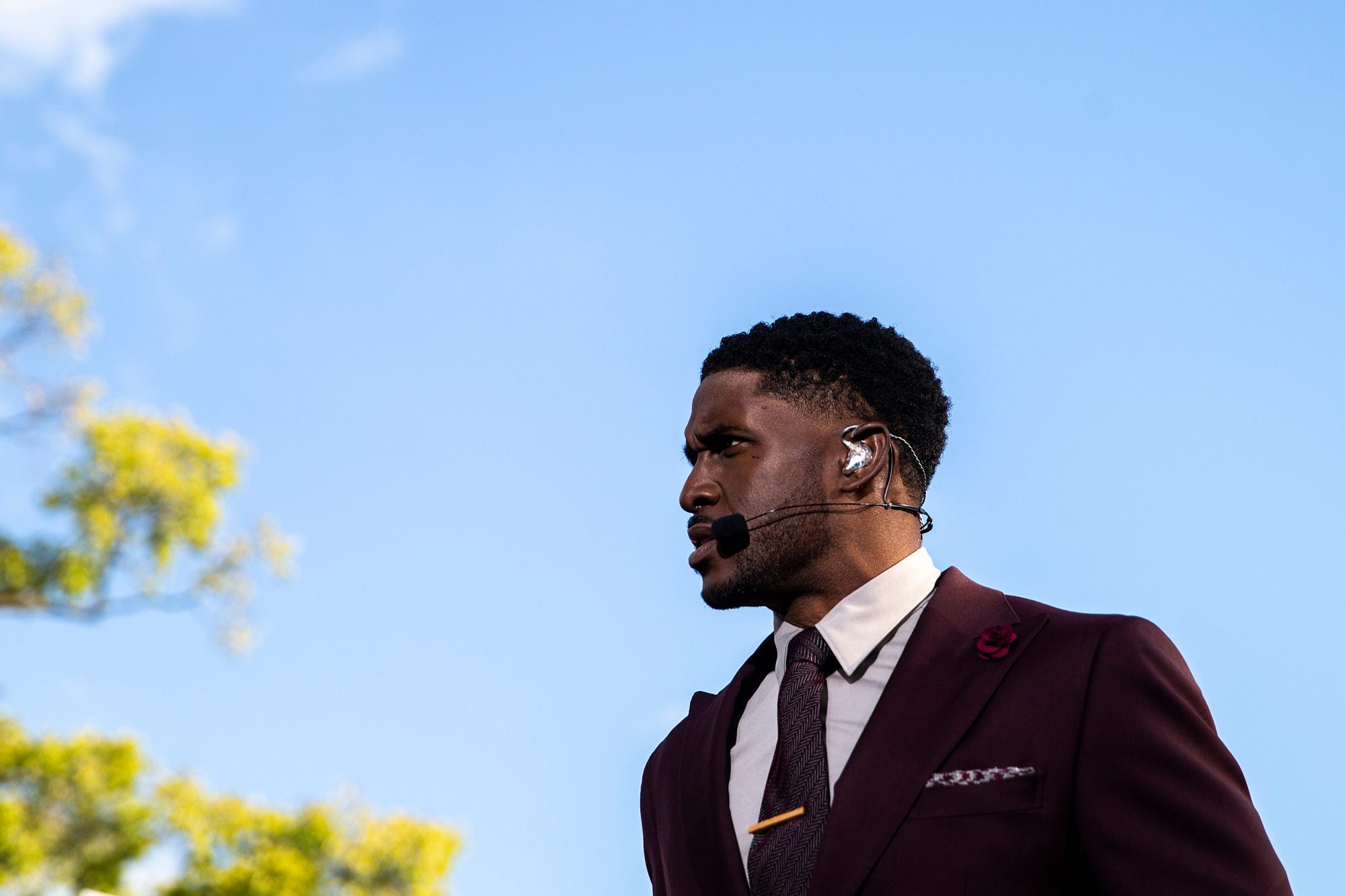In August, former USC star Reggie Bush launched his latest attempt to get his Heisman Trophy back: a defamation case against the NCAA. The NCAA is now fighting back.
Last week, the NCAA filed a motion to dismiss the case — filed in Indiana county court — which centers around a comment made by an NCAA spokesperson in 2021.
“Bush has spent more than a decade trying to collaterally attack these findings in the court of public opinion,” the NCAA said in court documents reviewed by Front Office Sports. “This lawsuit represents his latest effort in that vein, and it stems from an unlikely place—a 2021 statement that does not mention Bush at all.”
After the NCAA changed its name, image, and likeness rules in 2021, many asked the NCAA if it would reverse an infractions decision that stripped Bush of his NCAA records, eligibility, and Heisman Trophy due to “impermissible benefits” he received while at USC.
The governing body’s response, which generally implied the NCAA would not revisit previous decisions, also used the phrase “pay-for-play.”
“This is a new accusation, as far as I’m concerned,” Bush said in a press conference when the lawsuit was filed in August.
He said he has never been accused of receiving “pay-for-play” inducements, or payment for playing at USC. Instead, he was accused of receiving benefits from family friend Lloyd Lake, who allegedly gave him and his family benefits in exchange for Lake representing Bush in his future NFL career.
But the NCAA disagreed. It said Bush absolutely did receive benefits that could be considered “pay-for-play” — and therefore, the statement could not be considered defamatory, according to court documents.
“There was nothing defamatory about the NCAA’s statements in 2021, and the Court should reject Bush’s attempt to use the litigation process to rewrite history,” the governing body wrote.
While a win in the case wouldn’t directly result in Bush getting his Heisman back, the lawsuit — and ensuing media attention — puts extra pressure on the NCAA to relent to his demands.
The Heisman Trust, an entity separate from the NCAA, has said that if the NCAA reversed its decision, it would look forward to “welcoming him back into the Heisman family.”





![[Subscription Customers Only] Jul 13, 2025; East Rutherford, New Jersey, USA; Chelsea FC midfielder Cole Palmer (10) celebrates winning the final of the 2025 FIFA Club World Cup at MetLife Stadium](https://frontofficesports.com/wp-content/uploads/2026/02/USATSI_26636703-scaled-e1770932227605.jpg?quality=100&w=1024)











